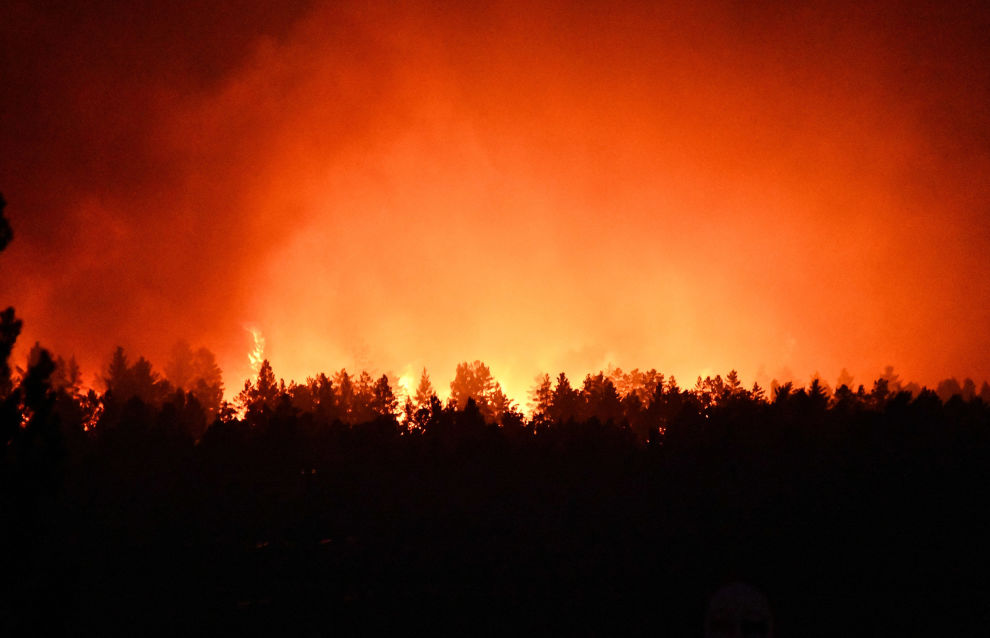Scientists from Krasnoyarsk identify causes of forest fires in Siberia’s Arctic zone
Researchers from the Krasnoyarsk Scientific Center, Siberian Branch of the Russian Academy of Sciences, have come to the conclusion that climate change is behind the intensification of forest fires in much of Siberia’s Arctic zone over the past 20 years.
Their observations show that Arctic temperatures rise twice as fast as the average temperatures anywhere on the planet, something that makes air and soil drier and forests more combustible. The east of Arctic Siberia is affected the most, given that its larch-tree forests burn twice as more intensively as the vegetation in the west. Particularly disastrous seasons occur once every five years, with the area of fires expanding by 100 to 300 percent.
“Forest fires in Siberia’s Arctic zone are not only a local environmental problem. They lead to discharges of permafrost-locked carbon dioxide, thereby fuelling global warming. Given current climatic trends, it can be expected that the intensity of forest fires in Siberia will only grow, entailing even more dire consequences,” Senior Research Fellow at the Sukachev Institute of Forest Yevgeny Ponomaryov (PhD in Technology) commented.
